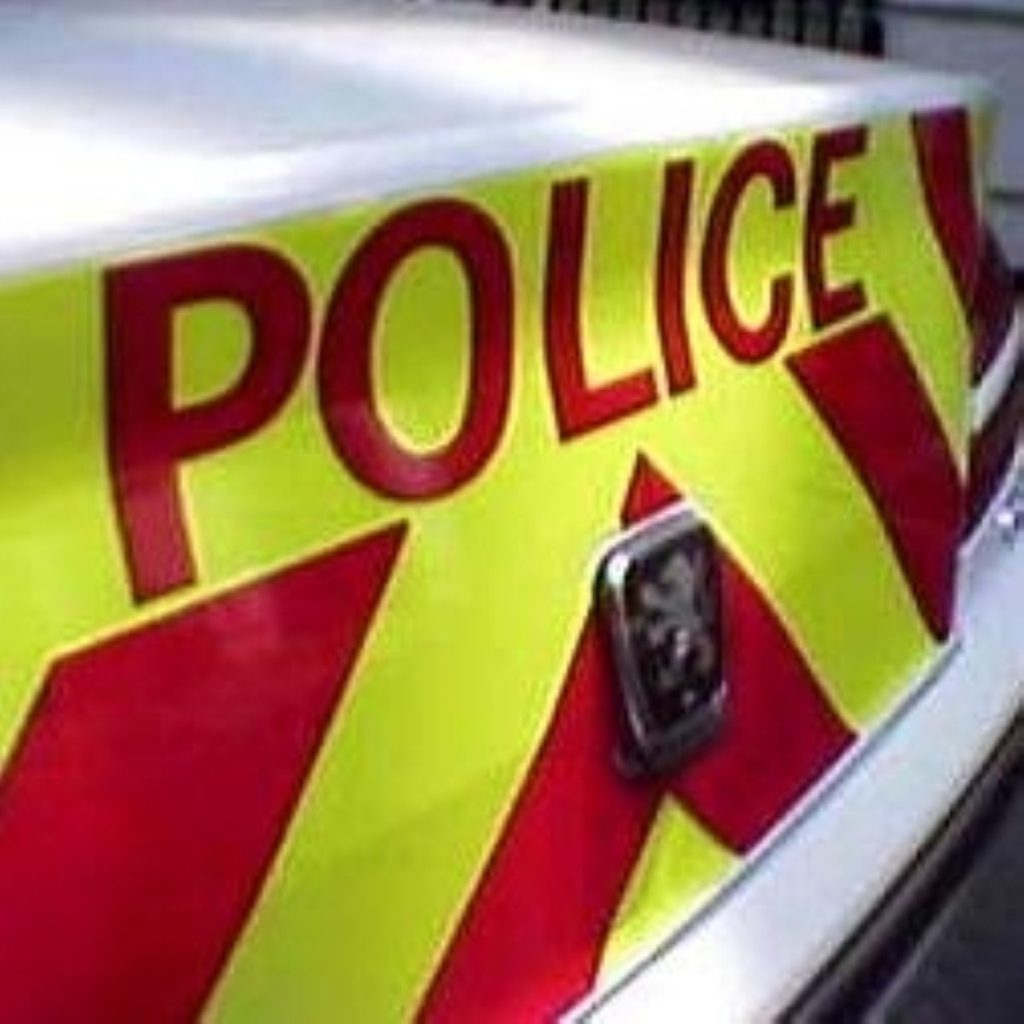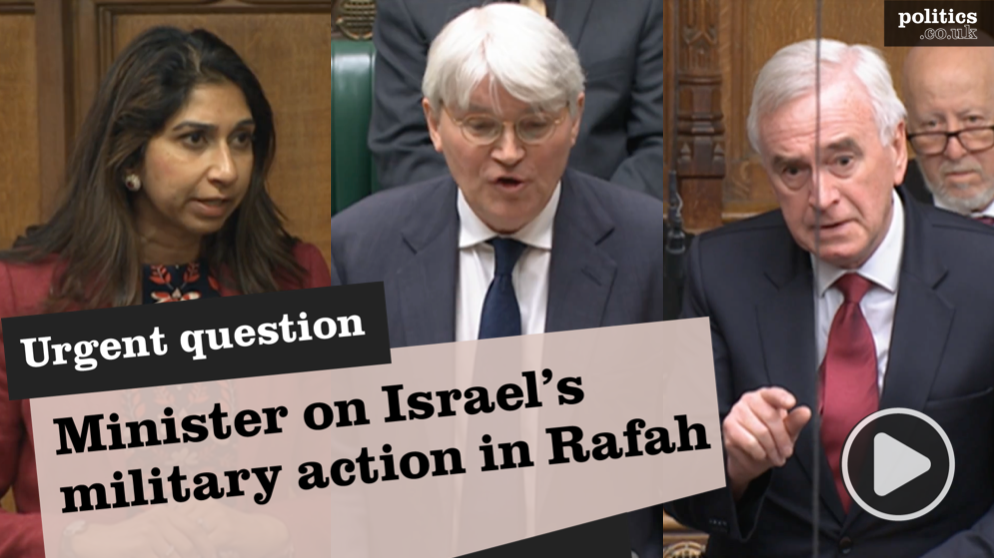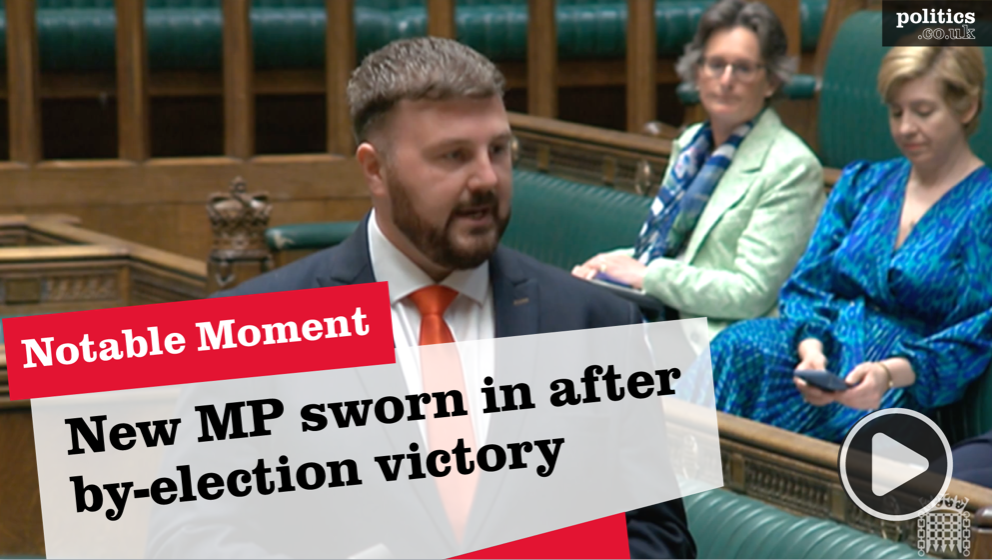Anti terrorism powers concerns CRE
Trevor Phillips, the chair of the Commission for Racial Equality, has expressed grave concerns about the effects of police usage of anti terrorism stop and search powers.
Giving evidence to the Home Affairs Select Committee, Mr Phillips said that the disproportionate usage of stop and search powers on ethnic minority communities was causing difficulties in community relations.
Mr Phillips warned that what all that those being searched have in common is what they look like, and that there is a danger of a return to the 1960’s offence of “driving while black”, with the additional offence of “driving under the influence of the Koran”.
He recognised that the police are looking for a needle in a haystack with anti-terrorism work, but stated that “there are smart ways of looking for a needle”.


Mr Phillips said that he was not opposed to the anti-terrorism powers in principle, but had concerns about their utilisation, on which he claimed there is insufficient information.
Sadiq Khan, of the Muslim Council of Great Britain (MCB), also giving evidence to the committee, said that whilst stop and search, if properly used, is invaluable in fighting crime there is no evidence that stop and search helps fight terrorism.
He warned that the use of the powers is being perceived negatively, doing a disservice to the partnership needed to fight terrorism. The powers have succeeded only in alienating young men, he said, and the way in which they are being implemented has squandered any benefits.
Addressing the possibility of a race impact assessment on new legislation, Mr Phillips said that this had not previously been required, but that it would be worth making such as assessment for anti-terrorism legislation. This would ask if the law impacts differently on different communities, he explained, offering the example of discussions on smacking laws, and that fact that “reddening of the skin” would be applied to black people differently.
Talking to communities about Government intention would also engender a more receptive spirit in receiving legislation, he explained. An assessment would have shown that it is not only Muslims who are stopped but those who police think look like Muslims.
Mr Khan claimed that police often use intelligence to stop and search “who they like, willy nilly” in a specified area. This intelligence has to be questioned, if the searches do not result in arrests, he stated, suggesting they were “fishing expeditions”.
The powers should be used on the basis of intelligence, he maintained, warning that Parliament’s intention that the powers be used in specific areas rather than in generalised terms was not being heeded. It is in the police’s nature nature to want “more and more power”, he stated, and these powers are being abused.
Section 44 of the Terrorism Act, which effectively allows police to search who and what they like in sensitive areas, notably in London, without reasonable suspicion came under heavy criticism. Mr Khan warned that day to day use of these powers would lead to “lazy policing” and called for “reasonable grounds” to be required for the use of the powers.
John Quinton of the Metropolitan Police Authority pointed out that Section 44 is the only provision which could allow police to, for example, search a car parked outside a tube station at midnight. It is not being used as a fishing expedition, he maintained, and the threshold for stopping is sufficient.
Khalid Sofi, of the MCB, argued that action is needed if the Muslim community is not to disengage with the police. He said that the community feels they are being unfairly targeted, as they contribute to society. They are pulling back from society, withdrawing from giving to charity and attending legitimate demonstrations. The participation of the community is needed to tackle terrorism, and this will not come until the fear ends, he concluded.











